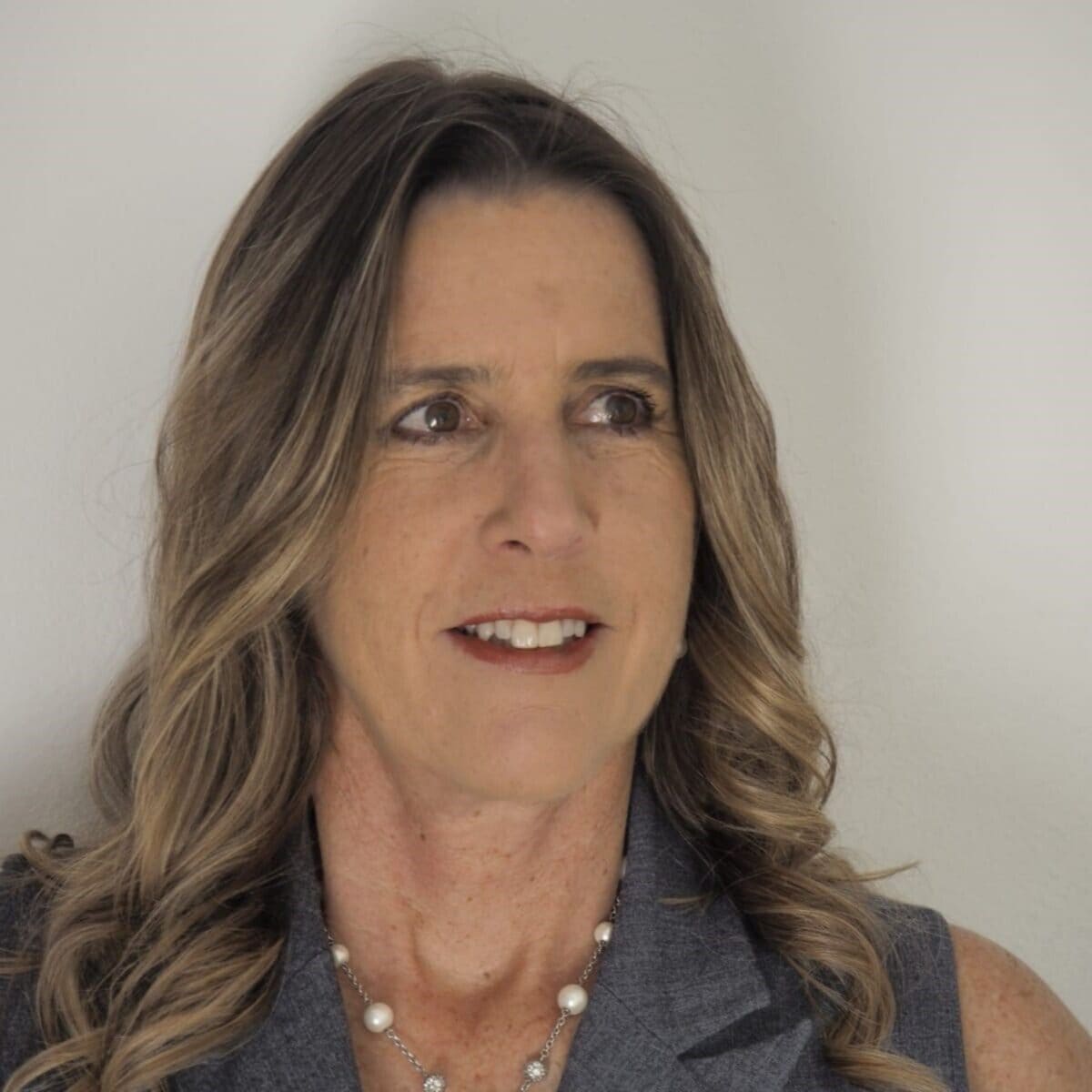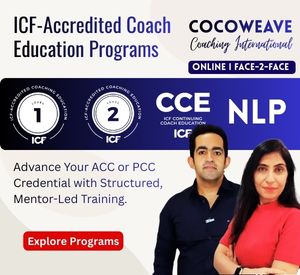In an increasingly intelligent, hyper-connected world, Intel believes its employees and their continued growth are crucial to business success.
As a world leader in designing and manufacturing leading-edge semiconductors, Intel is a global enterprise creating world-changing technology to improve the life of every person on the planet. It strives to be the trusted performance leader for unleashing the potential of data while serving as a standard for social impact and responsibility.
Intel’s Workplace Coaching Program
A reflection of this, Intel’s award-winning coaching program has become a catalyst for fostering workforce engagement and developing talent for its high-potential managers and leaders. The result is a coaching ecosystem ingrained in the company culture.
The measurable results of Intel’s coaching program tell a great story of success. “What makes the coaching program at Intel different from others is that we have been able to say, ‘We are doing this, but we’re also going to monitor it and tie it into our business.’ That has paid off very well for our company,” said David Lane, executive leadership coach and leadership fitness coaching product owner in Intel’s internal coaching team.
How Intel Has Transformed Leaders Through Coaching
Intel’s coaching program began 15 years ago as a grassroots effort. Leadership at Intel understood that effective coaching was not simply an employee benefit but also highly valuable for business. It has since grown into an organization-wide initiative. In 2021, 1,100 coachees directly benefited from coaching. The primary target audience for coaching is senior leaders who manage large groups within Intel. They are enabled and expected to “turn and teach” coaching to their direct reports, thereby indirectly extending the reach to 11,000 employees and the impact of the program by tenfold.
Coaching is primarily targeted at high-potential managers and leaders. The goal is to foster workforce engagement, develop talent, and transform leadership style. Intel’s program has a three-pronged strategy to deploy coaching throughout the organization and maximize return on investment (ROI):
- Get Coached: Managers and leaders may receive different forms of coaching from credentialed internal and external coaches.
- Learn How to Coach: Coachees and employees can go from student to teacher by learning coaching skills and receiving training and certification to coach others.
- Infrastructure and Governance: Coaching programs are managed at the enterprise level with state-of-the-art systems and data-driven design.
As a leading tech company with global reach, Intel prizes innovation by encouraging its leaders to drive transformation in an industry that is consistently evolving — empowering them to be role models of a facilitative leadership style. Several tailored coaching solutions further support this, including a Women’s Leadership Academy and a program for new parents re-entering the workforce. Recognizing a need to invest in developing women and minority employees’ careers, Intel’s coaching directly supports the company’s ambitious goal of doubling the number of women and underrepresented minorities in senior leadership positions. To do so, Intel prioritizes making coaching available to employees who identify as a marginalized group.
Measuring the Impact of Coaching on Business
The success of Intel’s program arose from the dedication of individual employees to measurable impact across the business. Success is measured through multiple sources, including direct-to-coachee surveys, retention analytics, and data from organizational employee experience surveys and manager development feedback.
Through tracking, Intel has been able to quantify the value of behavior changes across the team due to coaching, including new revenue as well as a correlated attrition cost reduction. The ROI of the Intel coaching program contributes approximately $1 billion USD per year in operating margin.
Intel recognizes the importance of investing in its employees and their technical expertise to achieve the best outcomes. One key metric achieved is the success of Intel’s culture initiatives, of which coaching is included, in attracting and retaining talent in today’s highly competitive marketplace. Intel’s data also shows a 2.7 times higher promotion rate among leaders, a 91% score for whether coachees achieved business goals, and 91% of participants indicating that they gained tools and techniques to elevate their leadership skills.
Intel uses Net Promoter Score (NPS) to measure satisfaction. The program’s average NPS consistently exceeds the world-class metric of 80, with flagship programs such as Leadership Fitness Coaching achieving a score of 87.
Overall, feedback on the coaching program indicates employees find it incredibly beneficial. This feedback includes testimonials about how the program transformed employee lives, careers, relationships, and roles as business unit leaders. Feedback further creates additional opportunities for support through the coaching program. Senior leaders can see the tangible impact of coaching to drive transformational outcomes across all business units, from Finance to Manufacturing.
The use of a data-driven, evidence-based approach to develop and continuously hone coaching solutions makes the Intel program stand out from other organizations that offer coaching. Intel is investing in its employees and shaping its organization’s culture at the same time.
For Intel’s coaching culture success story, the evidence of its gains is in the transformations it has fueled. From good to great, by creating an environment where teams thrive and exceed challenging goals; from limited to liberated, where listening is enhanced and questioning leads to greater influencing. Despite its measurable successes to date, Intel believes the best remains yet to come.
In recognition of Intel’s coaching program, the International Coaching Federation (ICF) named Intel the sole winner of the 2022 ICF International Prism Award. The Prism Award program honors businesses and organizations whose coaching programs fulfill rigorous professional standards, address key strategic goals, shape organizational culture, and yield discernible and measurable positive impacts.
Read more about Coaching as a Catalyst for Change at Intel and find inspiration for creating a transformational coaching culture at your organization. Our ICF Coaching in Organizations team also provides a variety of resources for organizations wanting to build and/or sustain a coaching culture.
Disclaimer
The views and opinions expressed in guest posts featured on this blog are those of the author and do not necessarily reflect the opinions and views of the International Coach Federation (ICF). The publication of a guest post on the ICF Blog does not equate to an ICF endorsement or guarantee of the products or services provided by the author.
Additionally, for the purpose of full disclosure and as a disclaimer of liability, this content was possibly generated using the assistance of an AI program. Its contents, either in whole or in part, have been reviewed and revised by a human. Nevertheless, the reader/user is responsible for verifying the information presented and should not rely upon this article or post as providing any specific professional advice or counsel. Its contents are provided “as is,” and ICF makes no representations or warranties as to its accuracy or completeness and to the fullest extent permitted by applicable law specifically disclaims any and all liability for any damages or injuries resulting from use of or reliance thereupon.
Authors
Post Type
Blog
Audience Type
HR & Organizational Leaders, Managers/Leaders Using Coaching Skills
Topic
Becoming a Sustainable Coaching Culture, Coaching in Organizations
Related Posts
How Career Transition Coaching Protects Your People, Your Brand, and Your Culture
When companies ask me about the ROI of coaching, I usually ask…
The ROI of Coaching: Why It’s Worth the Investment
Coaching is on an upward trajectory — not by chance, but because…
From Check-the-Box to Culture Shift: Becoming a Sustainable Coaching Culture
There’s a quiet revolution happening inside organizations — and it doesn’t roar. It listens. It…







